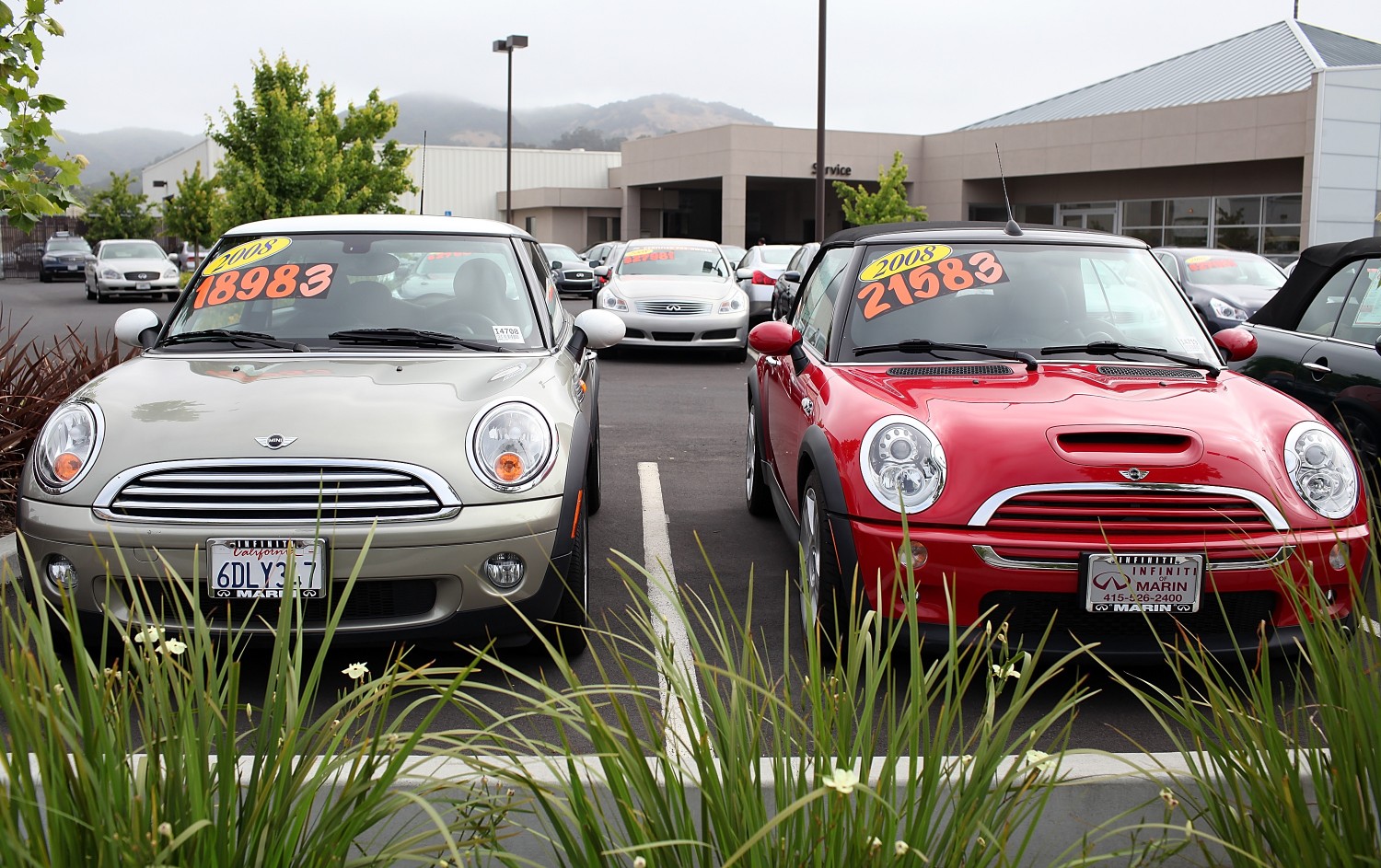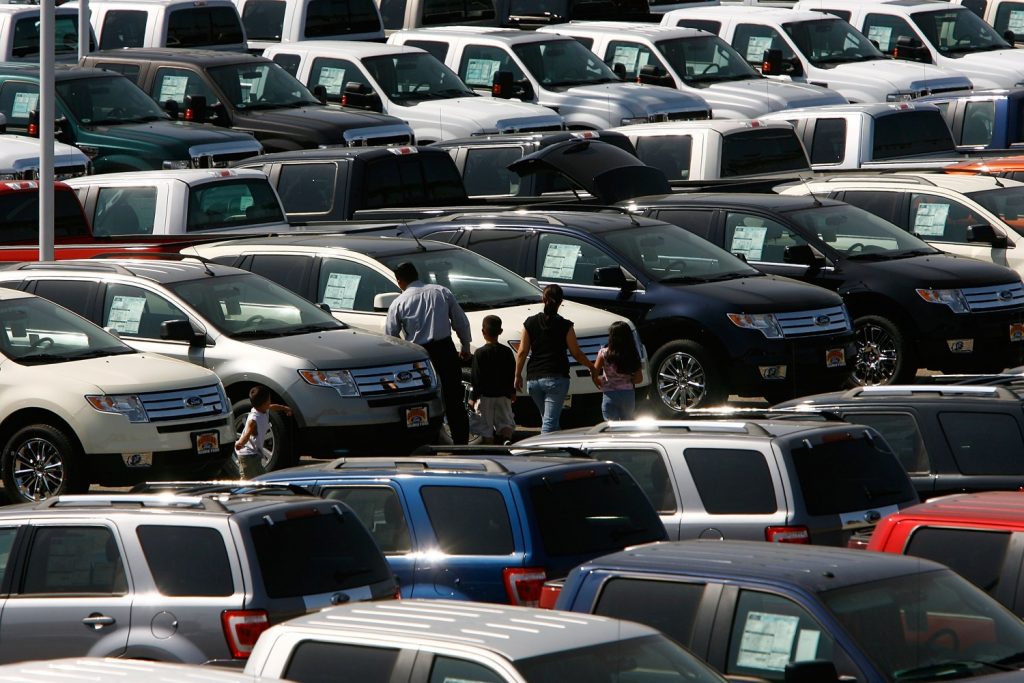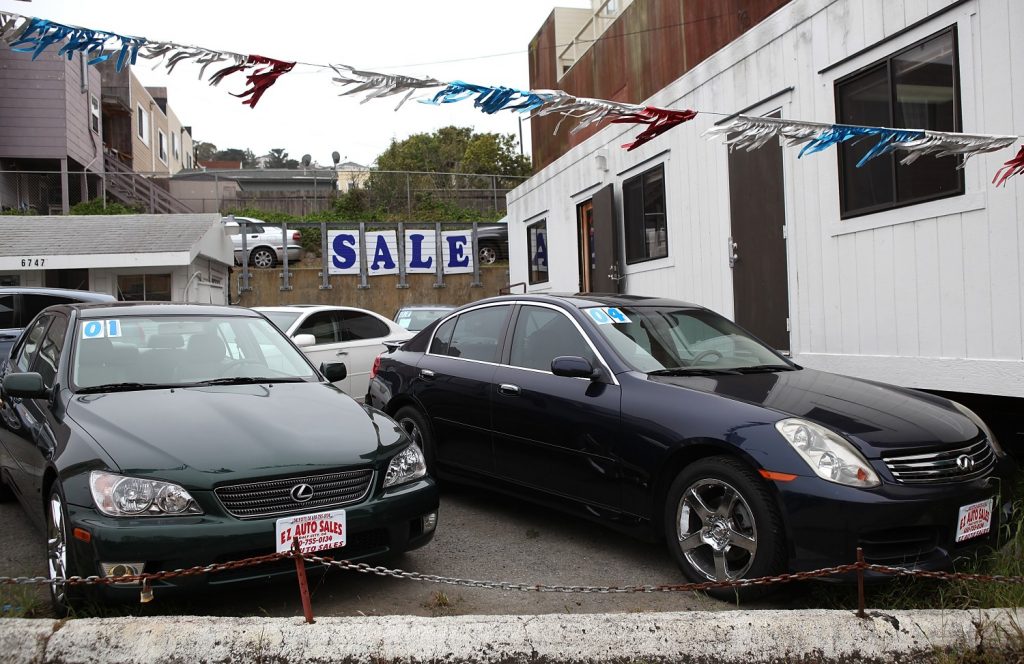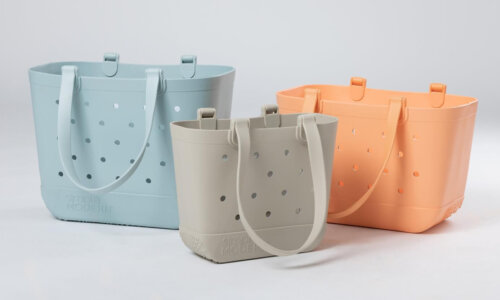Buying a used car can be a double-edged sword. On the one hand, you can score major savings that are simply unavailable if you buy something brand new. On the other hand, it’s a lot easier to get swindled. Buying any car at all takes a ton of research, but buying a used car takes even more. Here are the biggest mistakes people make when buying a used car. Learn from these cautionary tales!
1. Don’t Assume Dealers Are Automatically Better
While you probably shouldn’t buy a car off of somebody you just met on the street, there’s no reason to rule out buying from a private seller. True, dealerships have the benefit of a selection of used cars and the added bonus of being able to offer financing, but the cars aren’t any better than what you’d find from a private seller.
Actually, if you’re looking to pay less for a used car, you’ll probably get a better deal by working with a private seller.
“Dealerships buy cars and have to make a profit off them, therefore they need to sell the vehicle for more than they bought it for,” points out car website Jalopnik. “A private seller often isn’t looking to make a profit—they just want to get a fair market price for what they have.”
That being said…
2. Make Sure You Get The Car Inspected
Always—and we mean always—get the car inspected by a reputable third party. Find a mechanic you know, love, trust, etc. and have them look at the car. Even if it’s a certified, pre-owned Lexus from a dealership, it’s still important to have the car thoroughly inspected.
Obviously, it will reveal any major flaws within the vehicle that could dissuade you from buying it. But on top of that, it can also give you leverage when it comes to smaller issues that might allow you to knock a few hundred dollars off the price.
If the car needs new tires or is due for a brake replacement soon, you can use this information to take some money off the list price. But unless you’re a mechanic yourself, you won’t know any of this crucial information unless you get an independent third party to take a look at the car.
3. Don’t Wait To Figure Out Payment
If you need to finance the car, try to avoid the dealer-offered financing, which typically has a hefty premium. Using a loan from a third party or paying in cash can help you circumvent these additional rates.
Of course, if you have the cash, this isn’t such an issue. But if you do need to finance, and you probably will, you need to talk to your bank before you even start shopping. Don’t ever shop for a car without establishing exactly what you can afford to spend. Your bank can help you decide on a realistic upper limit to your budget and prevent you from feeling squeezed when the monthly payments start rolling around.
4. Don’t Start Initial Negotiations In Person
Once you’re at the dealership, the battle is practically over. Start by emailing sellers and local salespeople, or calling them to see what they’re willing to offer you. Do your research at home and have it ready to go when you start typing or dialing. Start your negotiations over the phone and the salesperson will work that much harder to make sure you come in.
“It’s much easier to walk away when the car isn’t there, which gives you the upper hand in negotiations,” says Investopedia.
And as far as buying from a private seller goes, you can probably use your research to even more advantage, since you won’t be dealing with a professional.
“By mentioning a few used car statistics over the phone, it’s possible to gain the upper hand prior to seeing the car in person,” says Investopedia.
Happy car hunting!









